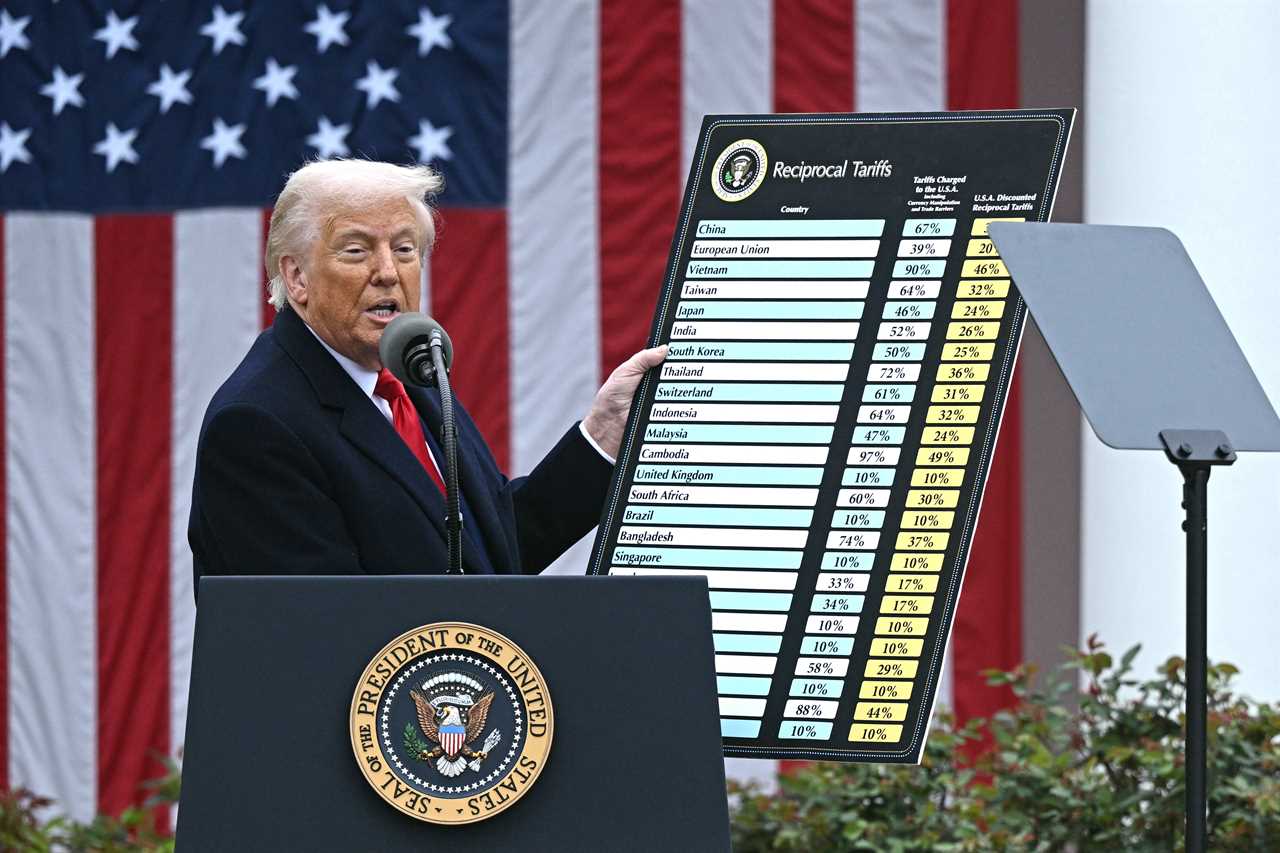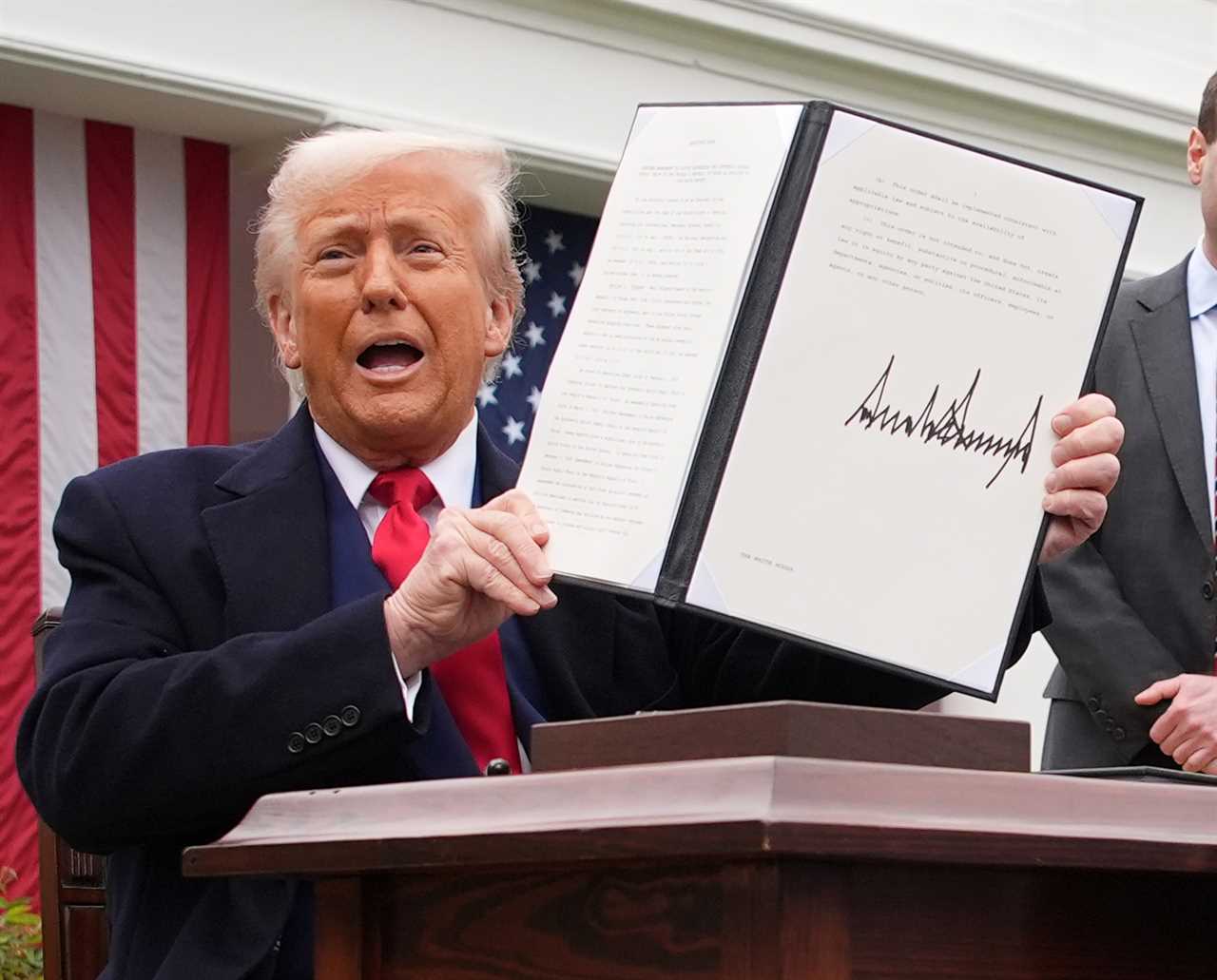
In a significant legal development, the US Appeals Court has declared Donald Trump's extensive global tariffs as unlawful. This ruling challenges the President's trade policies and questions his authority to impose tariffs and declare national emergencies. Despite this verdict, the tariffs will persist as the court allows them to remain in place until October 14, pending further appeals to the supreme court.
Reasserting Legal Boundaries
The court's decision underscores the limitations on presidential powers in imposing tariffs, highlighting the absence of explicit provisions granting such authority under US law. This ruling not only strikes down Trump's broad tariffs but also questions the legality of his actions in response to declared national emergencies.
A Blow to Trump's Protectionist Agenda
This legal intervention marks a significant setback to Trump's protectionist trade agenda, which ignited trade tensions worldwide with its imposition of tariffs on imports from numerous countries. The court's ruling not only challenges Trump's trade policies but also raises questions about the overreach of executive power in shaping international trade relationships.
Policy Impact and Economic Ramifications
Trump's staunch defence of tariffs as a tool to protect American industries and workers has faced legal scrutiny, with implications for the future of US trade policy. The court's decision signals a potential shift away from protectionist trade measures, prompting a reevaluation of the role of tariffs in fostering economic growth and global trade relationships.

Trump's Response and Political Implications
Trump's reaction to the court's ruling reflects his unwavering commitment to tariffs as a means to reinforce American economic strength. His rhetoric around tariffs as essential for national security and economic prosperity underscores the deeply entrenched ideological divide on trade policy within the US political landscape.
Trump's defiance in the face of legal challenges to his trade policies raises broader questions about the balance of power between the executive branch and the judiciary in shaping US trade relations. The implications of this legal battle extend beyond trade policy to touch on fundamental questions of governance and the rule of law.
Looking Ahead: Trade Policy Under Scrutiny
As the legal battle over Trump's tariffs unfolds, the future of US trade policy hangs in the balance. The intersection of law, politics, and economics in this case underscores the complexities of trade relations in an interconnected global economy. The outcome of this legal saga will not only shape the trajectory of US trade policy but also have reverberations on the international trade landscape.
Did you miss our previous article...
https://trendinginthenews.com/uk-politics/starmers-legal-victory-over-asylum-hotel-faces-farages-political-storm






